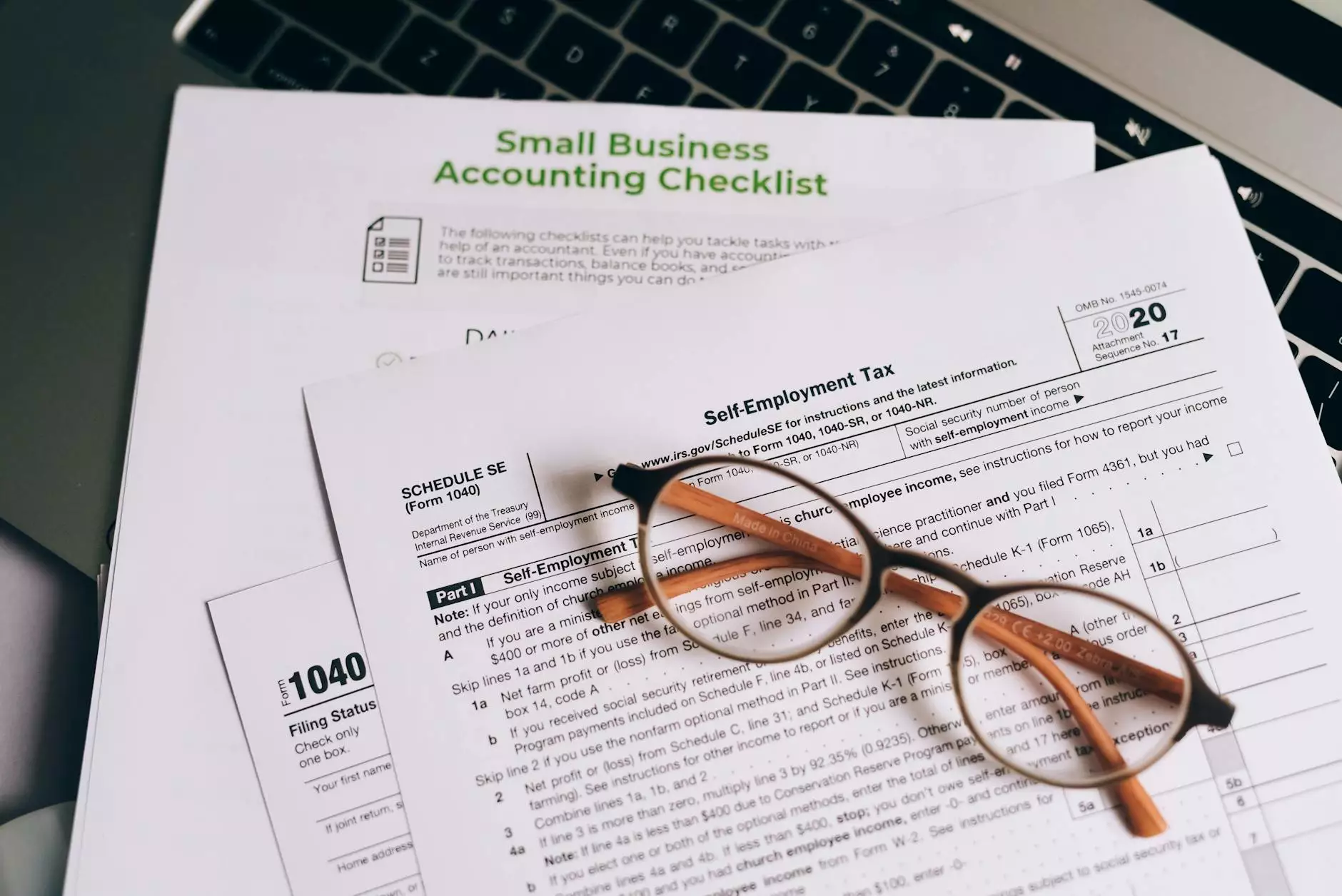How Long Should You Keep Your Tax Returns?

When it comes to managing your finances, one of the most commonly asked questions is, “how long should you keep your tax returns?” Understanding the correct duration for retaining tax documents is crucial not only for compliance with tax laws but also for organizing your financial records effectively. In this article, we will delve into the specifics of tax return retention, providing you with all the information you need to navigate this important aspect of financial management.
Importance of Retaining Tax Returns
Keeping your tax returns in good order is vital for several reasons. Firstly, they serve as essential documentation for verifying your income and expenses in the event of an audit. Secondly, retaining your tax returns can help you:
- Reinstate your tax history: In certain situations, you may need to refer back to previous tax returns, especially when applying for loans or mortgages.
- Claim deductions or credits: If you discover that you may be eligible for deductions or credits for previous years, your old tax returns will be crucial.
- Organize your finances: A chronological collection of tax documents helps maintain an organized view of your financial journey.
General Guidelines for Retaining Tax Returns
According to the Internal Revenue Service (IRS), there are some general guidelines regarding how long you should keep your tax returns. Here are the key points:
1. Keep for Three Years
Typically, you should retain your tax returns for at least three years after the filing date. This duration is based on the IRS's statute of limitations for audits. If you filed your return on time, the three-year clock begins from the deadline.
2. Extensions of the Three-Year Rule
In certain circumstances, the retention period can extend. For example:
- If you filed a return that omitted income greater than 25% of your reported gross income, keep it for six years.
- If you filed a fraudulent return or did not file a return at all, there is no statute of limitations, and it is wise to keep it indefinitely.
3. Specific Circumstances That Require Longer Retention
While three to six years is common, there are specific instances that necessitate retaining records for longer periods:
- Business Ownership: If you're a business owner, keep your tax returns for at least seven years to support your business deductions and expenses.
- Real Estate Transactions: If you have sold property, keep your returns for at least three years after the sale, as you may need documentation for capital gains taxes.
- Retirement Accounts: If you have contributed to an IRA or other retirement accounts, retain records until you withdraw funds, as this will affect your tax obligations.
Organizing Your Tax Documents
Proper organization of your tax documents simplifies the task of retaining important records and makes it easier to locate necessary papers when preparing your tax returns. Here are some tips for effective organization:
1. Create a Dedicated Storage System
Whether you prefer physical folders or digital files, ensure you have a specific system in place. Consider using:
- File Folders: Designate folders for each tax year which include all pertinent documents.
- Cloud Storage: Store scanned versions of your tax returns in secure online storage like Google Drive or Dropbox for easy access.
2. Categorize Your Documents
Organizing documents by category can ease retrieval when needed. Common categories include:
- Income Records: W-2s, 1099s, and bank statements.
- Deductions: Receipts for charitable contributions, mortgage interest statements, and medical expense receipts.
- Investment Documents: Records of stock purchases, sales, and dividends.
What to Do with Old Tax Returns
As your old tax returns age beyond the required retention period, it's essential to dispose of them properly. Shredding documents that are no longer needed is a secure option to prevent identity theft.
1. Digital Storage Solutions
If you opt for digital copies, ensure you use strong passwords and two-factor authentication on your storage platforms to keep your documents secure.
2. Keep Your Records Up-to-Date
Regularly assess your storage to ensure you are maintaining only necessary documents and disposing of those that are no longer needed according to the IRS guidelines.
Consulting a Tax Professional
If you’re uncertain about how long you should keep your tax returns or what documents are essential to retain, consulting with a tax professional at Tax Accountant ID can provide personalized guidance based on your specific situation.
Benefits of Hiring a Professional
- Expert Knowledge: Tax professionals have extensive knowledge of IRS regulations and can help you navigate complex situations.
- Time-Saving: They can alleviate the burden of tax preparation and filing, allowing you to focus on other important aspects of your life.
Conclusion
In conclusion, knowing how long you should keep your tax returns is an essential part of financial management. By following IRS guidelines and maintaining organized records, you can protect yourself from audits and deductions loss. Remember, keeping tax documents in order is not just about compliance; it’s about empowering your financial decisions today and in the future.
For further guidance and assistance in managing your tax obligations, consider reaching out to Tax Accountant ID. Our team is here to help you make informed tax decisions and stay organized.









